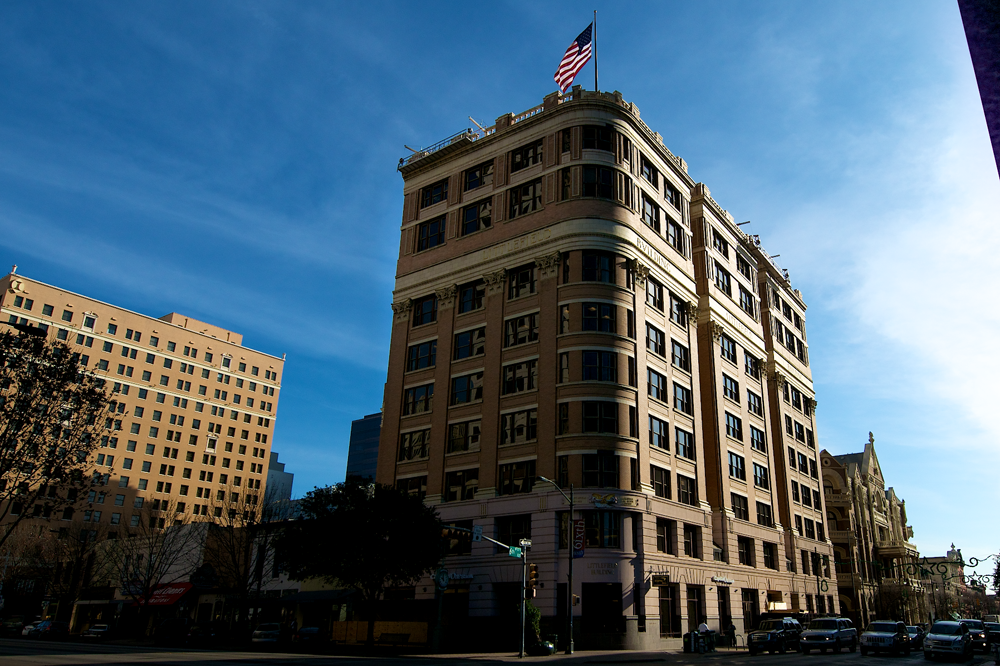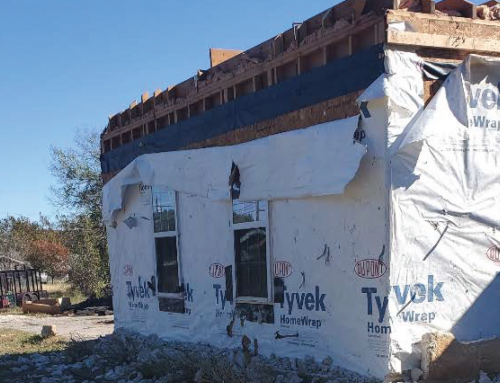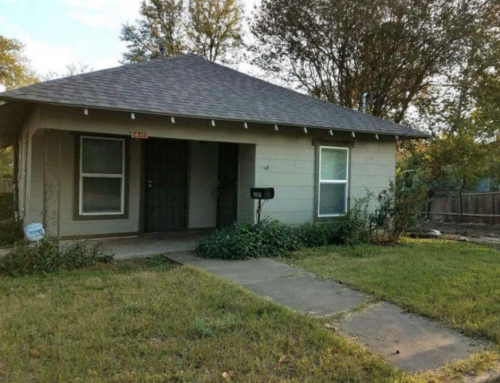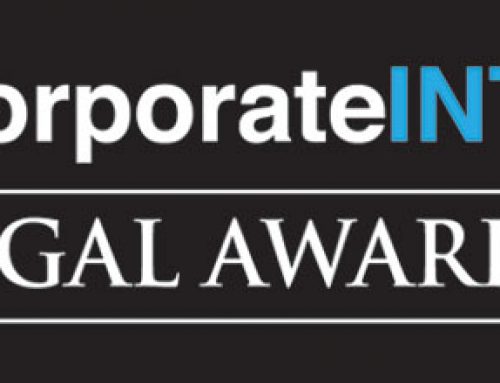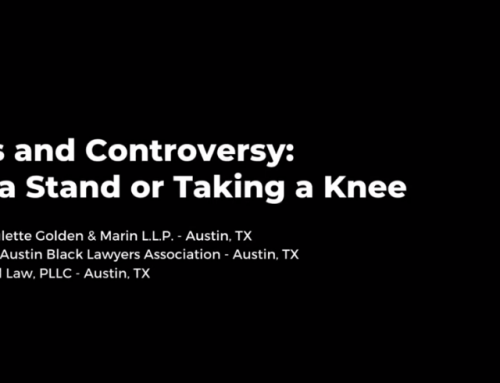In response to the COVID-19 pandemic, the Supreme Court of Texas and the US Congress took action to protect tenants and stall evictions. However, these governmental actions do not apply to commercial leases.
Instead, commercial landlords and tenants in Travis County are trying to deal with a very specific set of circumstances and rules.
Many Austin businesses were instructed to close by a shelter-in-place order that went into effect on March 24. That order currently extends through May 8, although Gov. Abbott’s announcement on April 27 to let certain businesses open with limited capacity may impact that. Either way, many tenants have not been able to use their leased premises for the entire month of April. And some landlords will still be expecting their commercial tenants to maintain their obligations for rent and other expenses on May 1. So what are the current rules in Austin, and what options are available for landlords and tenants?
What are the current rules in Austin, Texas, as applied to commercial tenancies?
On March 26, 2020, Austin City Council approved a measure to delay evictions starting April 1 and to give tenants an additional 60 days to pay rent before landlords can post notices to vacate. This measure effectively buys tenants an additional 60 days to make good on any unpaid rent during a 60-day cure period.
While the City Council measure could be interpreted as applying only to residential tenants, Council Member Greg Casar suggested in an accompanying press release that it would also apply to commercial leases stating:
“No one should be kicked out of their home or business during a pandemic”.
Creative lawyers could certainly argue that the Austin City Council measures also extend to commercial leases, and that commercial tenants should be entitled to a 60-day notice period before any evictions proceedings can start for non-payment of rent.
What options might be available to commercial tenants and landlords for non-payment of rent?
While evictions may be stalled temporarily, landlords will eventually be looking to tenants to make up for missing rent payments. At the same time, finding new tenants may be difficult as the economy slowly recovers, so there are incentives for both sides to try and negotiate an alternative to eviction.
Options could include amending the existing lease to extend the lease terms, or deferring some of the unpaid rent over time.
Every situation is different and these are unprecedented times globally and locally, but creative lawyers can come up with creative solutions. For example, tenants may have additional options if there is a ‘force majeure’ clause in their lease.
What about ‘Force Majeure’ clauses in commercial leases? Is the Coronavirus an Act of God?
Many commercial leases include a ‘force majeure’ clause that allows a contract to be canceled or postponed due to the impossibility of performance.
Here is one example of a force majeure clause from a commercial lease:
“Time is of the essence with respect to all provisions of this lease, except that whenever a period of time is herein prescribed for action to be taken by Landlord or Tenant, both parties shall not be liable or responsible for and there shall be excluded from the computation of any such period of time, any delays due to strikes, riots, acts of God, shortages of labor or materials, war, or governmental laws, regulations or restrictions which are beyond the reasonable control of either party.”
However, it is important to note that there is no typical force majeure clause, and instead the specific language in each commercial lease will be crucial in trying to determine whether the coronavirus and the shelter-in-place orders would allow commercial tenants some relief from paying rent or eviction.
For example, in the above example, a tenant might argue that the pandemic constitutes an “Act of God”, or that the City of Austin shelter-in-place order amounted to “governmental laws, regulations or restrictions…beyond the reasonable control of either party”, such that a tenant may not be required to pay rent for the period the business was ordered to be closed.
Again, not every commercial lease will have the same language. Parties should seek experienced legal counsel to interpret how their specific force majeure clauses may apply in this unprecedented time.
If you need help with your commercial lease please contact Pete Reid at 512-261-2500 or email admin@petereidlaw.com
As you are aware, things are changing quickly and there is no clear-cut authority or bright line rules. This is not an unequivocal statement of the law; instead, it represents our best interpretation of where things currently stand. This article does not address the potential impacts of the numerous other local, state, and federal orders that have been issued in response to the COVID-19 pandemic.
This article is one of a series intended to de-mystify common legal issues for the non-lawyer and entrepreneur audience – it is designed to foster discussion and is by no means exhaustive. These materials are for informational purposes only. Nothing herein is intended nor should be regarded as legal advice. The distribution of this article to any person does not establish an attorney-client relationship with our firm. Pete Reid law, PLLC assumes no liability in connection with the use of this article.

